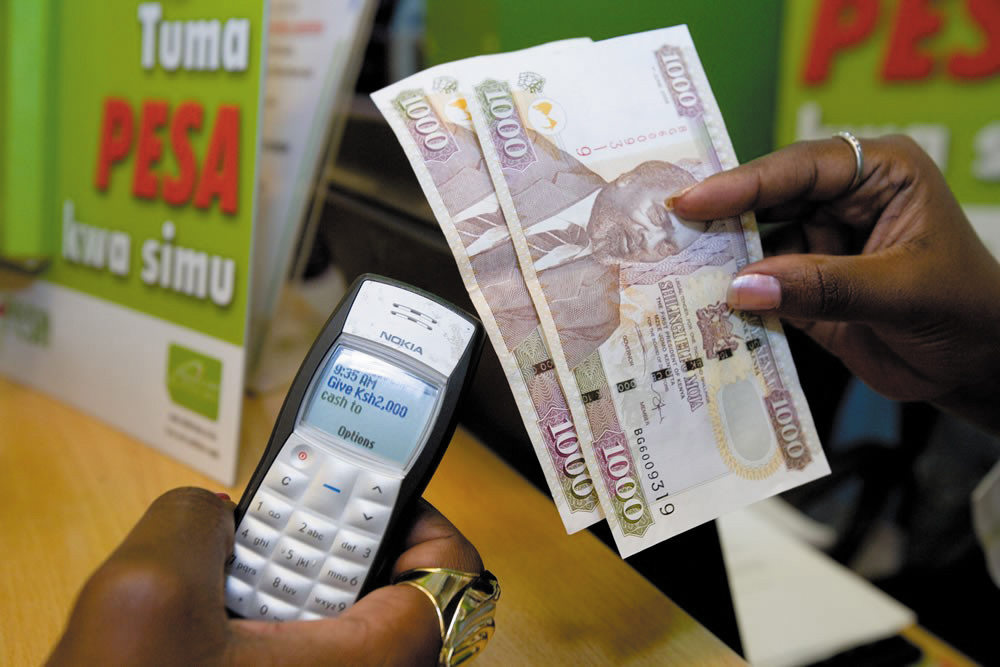advertisement
How M-Pesa outage affects Safaricom, Kenya’s economy!
M-PESA, one might argue, is Safaricom’s biggest product to date, and a product that impacts Kenya’s economy greatly. In 2013,…

M-PESA, one might argue, is Safaricom’s biggest product to date, and a product that impacts Kenya’s economy greatly. In 2013, it was calculated that 43 per cent of the Kenyan GDP flowed through the service.
Kenyans heavily rely on M-Pesa for various reasons, a factor that has seen its subscribers grow 32 per cent to 22.62 million as at June 2017 from 17.12 million the previous year. Uses of M-Pesa range from tasks such as paying bills to transferring funds, when the service is interrupted the consequences can be dire for both Safaricom and the economy.
On Saturday, M-Pesa was offline for several hours causing headaches for its millions of users. Safaricom has since explained that the problem was due “to a slow database response, which resulted in a reduction in the number of transactions being processed. Consequently, this led to the queuing of incoming transactions and a delay in response to customers,”
The telco subsequently apologized for the outage stating that: “We sincerely apologise to our customers and partners for the inconvenience this has caused”. But the damage had already been done, just what kind of damage is what we are to find out.
advertisement
Ordered investigation
Following the outage, Joe Mucheru, ICT, CS ordered the Communications Authority of Kenya (CA) to work with the Central Bank of Kenya (CBK) to establish causes of the outage.
Safaricom faces sanctions and a possible fine which could be as high as its 0.2 per cent of gross annual turnover given the regulator does not accept interruptions of more than one hour.
“The ministry has instructed the CA to liaise with the CBK and investigate the cause of this outage and forward a report to government, including remedial measures Safaricom will take to ensure such an outage does not happen in the future,” Mr Mucheru said in a statement on Sunday.
advertisement
Loss of revenue, impact to economy
Recent CA statistics show that Sh1.92 trillion moved through mobile money between April and June this year. Safaricom took the bulk of the share where M-Pesa accounted for 76.87 per cent of the mobile commerce transactions valued at Sh1.09 trillion, the CA quarterly report showed. This was a 10.15 per cent increase for the giant telco which commanded 66.72 per cent market share over the same period last year.
With Sh1.09 trillion moving through M-Pesa in a period of three months, mathematics points to a little over Sh 3 billion worth of transactions being halted during the delay, which could have resulted in customers looking for other options to conduct their business and in the process costing Safaricom, and with the possibility of a fine to come the telco could be facing a significant loss.
Some businesses in the economy also lost out during the outage with M-Pesa agents the best example of businesses that literally had to shut down for hours, in that time losing money.
advertisement
Inviting competition
The Communication Authority’s 2016-17 industry report noted that M-Pesa controls 81 per cent of the mobile money market. Such outages create openings for competitors to swoop in and get M-PESA customers. Similar outages were experienced in July and April last year and they saw Mucheru request mobile money users to register with other networks to ease risks.
This year’s outage has seen the CS advise mobile money users to have redundancies to guarantee continued services.
“We wish to inform the public that in line with ensuring we have a competitive market, mobile money interoperability is now fully functional. Subscribers can now move money in their wallets across different mobile money service providers.” Mucheru concluded.